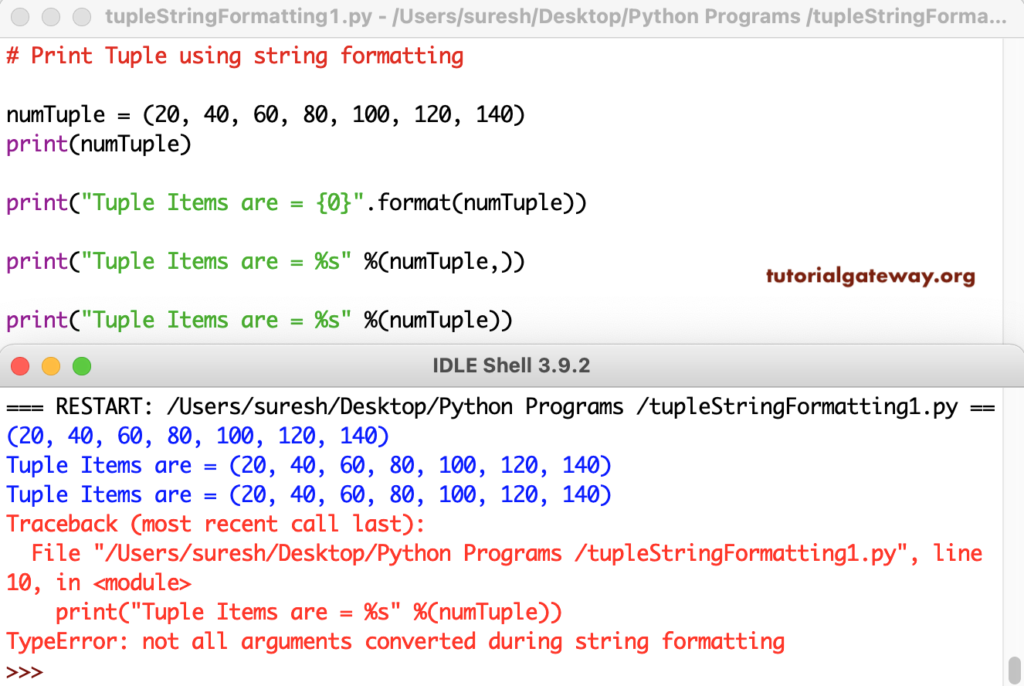
Enable IntelliSense for custom package locations Otherwise, they will only be available through the add imports Quick Fix. User defined symbols (those not coming from installed packages or libraries) are only automatically imported if they have already been used in files opened in the editor. However, you can customize this behavior through the setting (check out the IntelliSense settings documentation to learn more). For example, you may see import matplotlib as a suggestion, but not import matplotlib.pyplot by default. Auto imports are disabled by default, but you can enable them by setting to true in your settings.īy default, only top-level symbols/packages are suggested to be auto imported. This enables import statements to be automatically added as you type. Pylance offers auto import suggestions for modules in your workspace and/or packages you have installed in your environment. However, you can customize the behavior of the analysis engine to your liking through multiple settings.
#Python formatter example full#
Customize IntelliSense behaviorĮnabling the full set of IntelliSense features by default could end up making your development experience feel slower, so the Python extension enables a minimum set of features that allow you to be productive while still having a performant experience.
#Python formatter example code#
For more information, see the IntelliCode for VS Code FAQ. IntelliCode provides a set of AI-assisted capabilities for IntelliSense in Python, such as inferring the most relevant auto-completions based on the current code context. Tip: Check out the IntelliCode extension for VS Code. They're also available for Python packages that are installed in standard locations.įor more on IntelliSense generally, see IntelliSense. The user is also given a list of options when they begin to type the variable named greeting.Īutocomplete and IntelliSense are provided for all files within the current working folder. When print is typed, notice how IntelliSense populates auto-completion options. Take a moment to look at the example below. IntelliSense is a general term for code editing features that relate to code completion.
#Python formatter example how to#
In this overview, we will describe the specific editing features provided by the Python extension, including steps on how to customize these features via user and workspace settings.

For more information about editing in Visual Studio Code, see Basic Editing and Code Navigation. The editor includes various features to help you be productive when writing code.

Visual Studio Code is a powerful editing tool for Python source code.


import loggingĪnother way is to create a custom LoggerAdapter. Logs (something like) 17:39:33,596 Super App : The sky is so blueįilters can also be used to add contextual information. Logger = logging.LoggerAdapter(logger, extra) You could use a LoggerAdapter so you don't have to pass the extra info with every logging call: import loggingįormatter = logging.Formatter('%(asctime)s %(app_name)s : %(message)s')


 0 kommentar(er)
0 kommentar(er)
